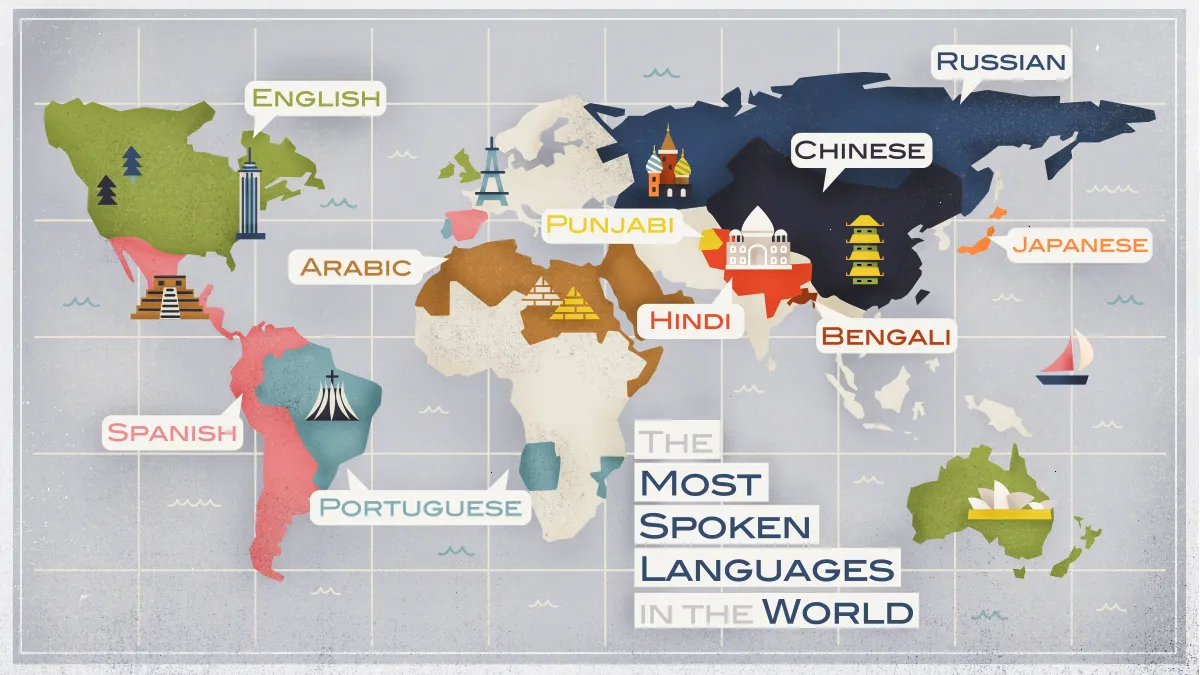Are you debating whether or not you should study abroad? Whether you plan on studying just one country away, or you have your eye on a destination halfway around the world, it’s important to think carefully through the pros and cons of studying abroad. Plenty of resources exist on the benefits of studying abroad…but what are the reasons you should NOT study abroad?
At Global Admissions, we want to help you make the best choice for your educational future. Take some time to think about these questions and explore which place to study may be the best for you!
You can search programs all around the world on Global Admissions right here.
#1: Far from friends and family
Homesickness and missing your old social group is a strong reason why many students don’t choose to study abroad. Missing friends and family is a natural feeling, but for some students it may be too big of a cost. Though studying abroad will take you far from your current friend group and family structure, you will find opportunities to make new friends in your new home. Studying abroad helps you connect to new kinds of people and form strong new relationships that you never would have gotten at home.

#2: New and unfamiliar foods
Food is another common reason why people choose not to study abroad. If you live in a country where healthy eating and fresh produce is common, it may be a huge shock to you if you study in a country where eating fried foods and limited fresh fruits is the norm. You may need to get used to new eating utensils, such as chopsticks, or encounter new flavors that you have never tried before.
Especially if you have a dietary restriction such as gluten-free, kosher, halal, or vegan, you should look up some of the local foods and restaurants to make sure you will be able to find appropriate foods to eat.

Even though you may be leaving your favorite home-cooked dish behind, studying abroad really broadens your palate! You just might find your new favorite meal on the other side of the world. As a bonus, you can share your own favorite foods and flavors with new classmates and explore new cuisines together!
#3: Different cultural habits
We are all familiar with our own culture. But when you visit another country, you’ll encounter new habits that may frustrate you or challenge you, but will always leave you curious to learn more. You may find that standards of politeness are different in your new country, social life is more introverted or extroverted than at home, or that values such as teamwork, communication, and hospitality look quite different in your new home!
However, the joy of discovering new cultural habits is that you suddenly see your culture in a new light. By contrasting your culture with a new one, you’ll be able to make connections and analyses you never did before. You also have the opportunity to adjust old cultural habits that you have outgrown. You may like the way things work in your new country better! Learning to recognize and adapt to a new culture is an essential life skill–throughout your life, you will need to adapt to new situations every day. Studying abroad is the best practice for adapting to a new internship, job, or lifestyle.

#4: Different legal system
This is not talked about often, but it’s very important to be aware of! Studying abroad, you may encounter different laws in your new country. Some cities have quiet hours or curfews, others ban smoking or alcohol, and some have very different traffic laws. It can be very confusing when you travel to a new country and suddenly spot people publicly doing something that was illegal back home–or, it will be even more confusing if you find yourself being corrected for a behavior that was fine at home.
The good news is, universities are well-prepared to assist foreign students who study abroad by providing relevant materials on what you need to know. Because the world is so globalized today, you will definitely be able to find other foreigners or international students there who can help you adjust. Researching the basic policies of the city you want to study is important so you can make a smooth transition, and helps you develop the skills of organization, adaptability, preparedness, and open-mindedness. Remember, different countries are not inherently better or worse–they are just different.

#5: Speaking in a new language or accent
Even if you are studying in a language that you know very well, outside of campus, local people might speak a variety of different languages or accents. Learning to live and think in another language can be incredibly challenging, but it is not impossible. Most people around the world speak more than one language. Learning a second language has incredible benefits for brain health and a long life–and it will also help you adapt more easily to your new study experience.

Additionally, graduating with the ability to speak or understand the local language is a HUGE asset that will help you find jobs in your host country! Knowing the local language is the best secret ingredient to getting top internships and job offers.
#6: You will be out of your comfort zone
When you study abroad, you will be challenged to explore, think, and adapt every day. The school canteen may not have any food you know, your classmates cannot speak your language, or you don’t understand the local sense of humor. Life is full of these tiny moments of discomfort, but studying abroad gives you daily opportunities to learn how to deal with them. Understanding differences and getting along with others are incredibly crucial skills for a happy and balanced life. Studying abroad will help you grow as a leader and communicator, even with people who have different cultures and beliefs with you.
If you aren’t ready to be challenged to grow every day, maybe studying abroad is not the best choice for you.
Read More: 50 Resume Skills You’ll Only Get From Studying Abroad

#7: You get better opportunities at home
Staying in your home country to study can lead to a significant future benefits: cheaper tuition, study in your own language, intern in your own country, and easily find a job after graduation. Maybe the best universities in the region are in your country, or they have the best programs for you.
In this case, there is no right or wrong answer. Some countries may have better study opportunities for your major…and some might not!
You can search programs all around the world on Global Admissions right here.
You can also check which countries allow international students to work while studying here.
To Study Abroad…or Not?
If these challenges are serious blocks to you deciding to study abroad, and you decide that studying in your home country is what’s best for you, that’s okay! Choosing an educational destination that fits your personality and offers good future opportunities is an important decision. Study abroad may not be the best path for everyone right now–though it might be in the future!
However, maybe you read this list of ‘negatives’ and see them more as ‘positive opportunities.’ If challenging yourself, traveling the world, and going out of your comfort zone are your goals for the next few years, you are a great candidate for study abroad. Your desire to explore and experience new sides of live will help you thrive in a new country and culture.
It’s normal to have some nerves about studying abroad, especially to a country you’ve never been before. At Global Admissions, we can help make the process easier by offering an easy application process and help every step of the way! Whether you want to study a language program or a PhD, let us make applying to countries around the world easy for you!
You can search programs all around the world on Global Admissions right here.
